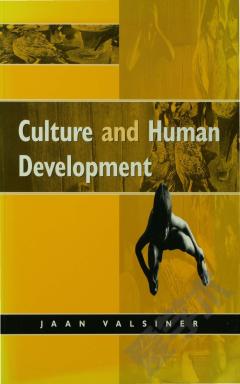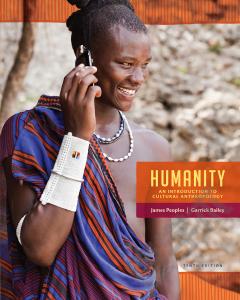Human Motives and Cultural Models
A full understanding of human action requires an understanding of what motivates people to do what they do. For too many years studies of motivation and of culture have drawn from different theoretical paradigms. Typically, human motivation has been modelled on animal behaviour, while culture has been described as pure knowledge or symbol. The result has been insufficient appreciation of the role of culture in human motivation and a truncated view of culture as disembodied knowledge. In this volume, anthropologists have attempted a different approach, seeking to integrate knowledge, desire, and action in a single explanatory framework. This research builds upon recent work in cognitive anthropology on cultural models, that is, shared cognitive schemas through which human realities are constructed and interpreted, while also drawing upon insights from developmental psychology, psychoanalytic theory, and social theory. Most of the research described here was conducted in the United States and deals with some of the pressing concerns - romance, marriage, parenthood, and success - of women and men from different class and ethnic backgrounds. A study of gender roles in Mexico provides comparative cross-cultural data. Several of the chapters deal with oppressive social ideologies, exploring cultural models of gender and class. The careful, in-depth case studies and innovative methods of discourse analysis used here turn up findings about the relation of ideology to people's thought and action that challenge any kind of simple social determinism.
{{comment.content}}








 京公网安备 11010802027623号
京公网安备 11010802027623号